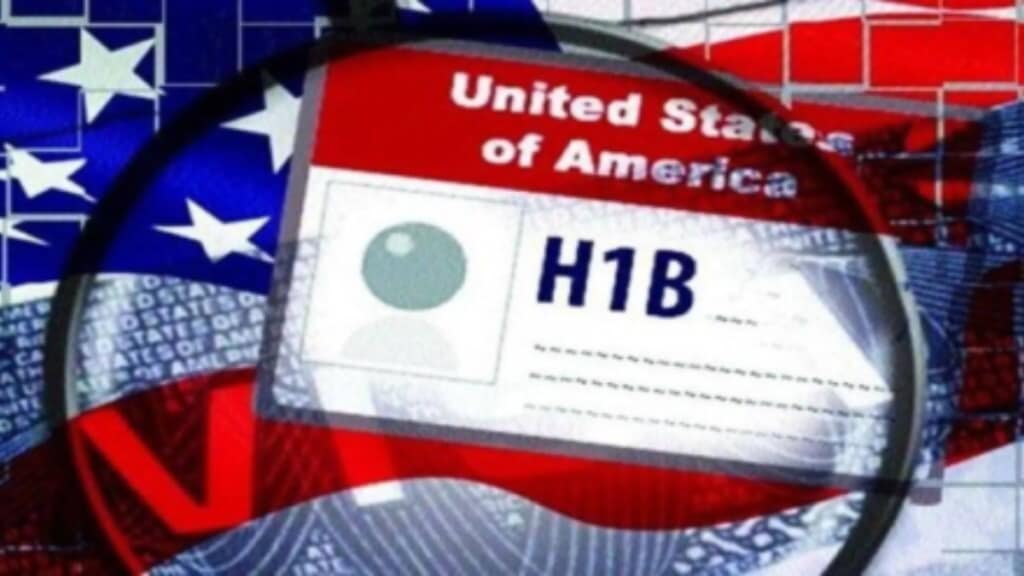The Supreme Court on Tuesday declined to hear a case challenging the rule that allows the dependents of H-1B visa holders, also known as H-4 visa holders, to work in the United States, Reuters reported. The group that filed the lawsuit, Save Jobs USA, had argued that federal immigration law does not permit these dependents to take jobs and compete with American workers while in the country. Neither the Department of Homeland Security (DHS) nor lawyers for Save Jobs USA have since commented on the development, Reuters reported.
Supreme Court refuses to revisit H-1B work rule for dependents
Save Jobs USA, a group representing American tech workers who say they have been displaced by foreign labour, stated in its petition, “With the H-4 Rule, DHS reversed its earlier interpretation and began allowing certain spouses of H-1B nonimmigrant workers to be employed, despite no such directive in the statute. Following the H-4 Rule, there was an explosion in the number of non-citizens authorised to work in the United States entirely through regulations.”
The lawsuit was filed amid Trump administration’s hefty fee on H-1B employers in an effort to limit foreign workers in America, especially in the tech industry, which heavily relies on skilled Indian and Chinese professionals. These visas are also used in finance, consulting, healthcare, and academia.
Last month, Trump announced a new $100,000 fee that businesses must pay for each new H-1B employee. DHS has plans to propose rule changes to the program, which may include limiting H-4 visa work authorisations. The D.C. Circuit Court last year upheld a lower court ruling and dismissed Save Jobs USA’s 2015 lawsuit.
What it means for H-4 holders
For thousands of H-4 visa holders (mostly spouses of high-skilled H-1B holders), the Supreme Court’s decision brings huge relief. The dismissal of the lawsuit means they can continue to live and work in the United States without fear of losing their employment rights overnight. Over the years, the ability to work has changed lives, especially for women who were once forced to stay home despite having strong qualifications and careers of their own.
Many have gone on to build businesses, they have joined top firms, and contributed to the US economy. The court’s refusal to reopen the case brings a sense of stability after nearly a decade of legal battles and uncertainty. However, with another Trump term in office and his recent policies surrounding immigration and H-1B, concerns remain that the program could once again come under review.
H-4 2015 rule and previous challenges
DHS first granted work authorisation to H-4 dependents under Barack Obama’s 2015 government. The ruling allowed spouses of H-1B workers to take jobs while in the US. That rule has faced legal challenges ever since. During Trump’s first term, DHS proposed overturning the rule, but the plan was never finalised. Save Jobs USA has long argued against the rule, claiming it harms American workers.
Each year, 65,000 H-1B visas are available, with another 20,000 reserved for workers with advanced degrees. Since 2015, DHS has granted work authorisation to over 258,000 H-4 dependents, including more than 25,000 in the past year alone.

